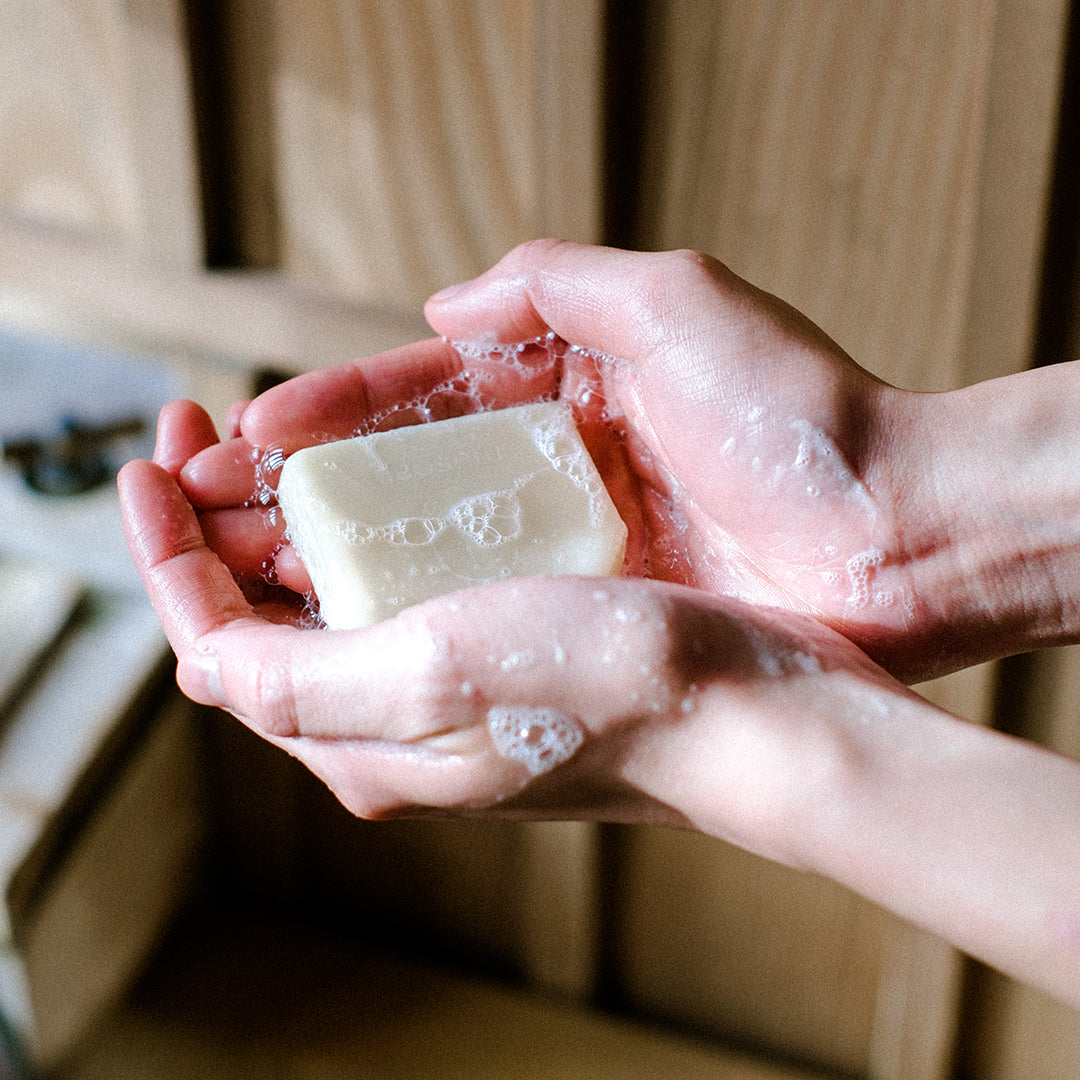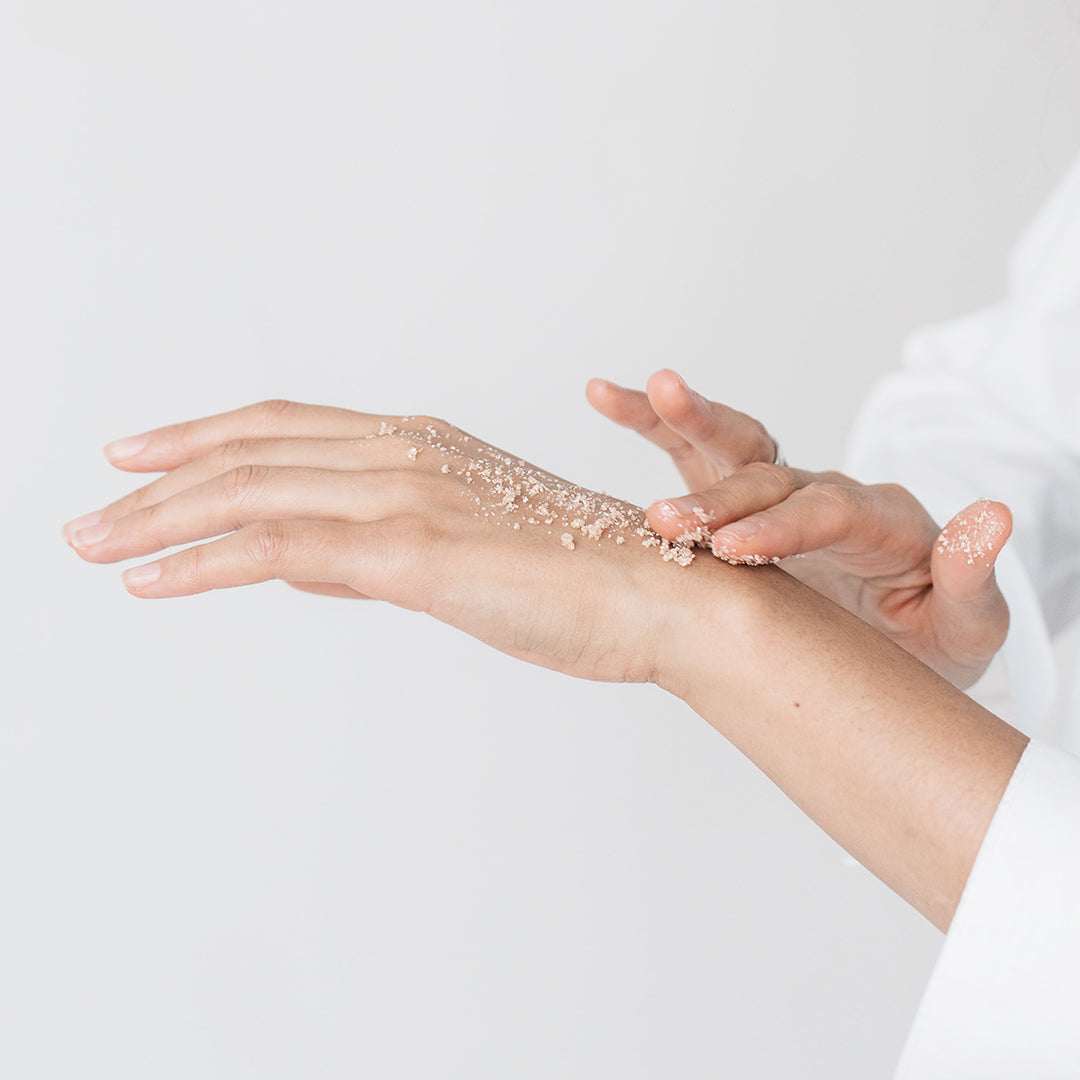Are You Using True Soap or Detergent “Soap”?

When it comes to cleaning our bodies, we often reach for a product labelled as "soap". However, not all soaps are created equal. In fact, many products we see at our grocery stores labelled as "soap" are actually synthetic detergents.
According to FDA, the product is defined and regulated as soap when it meets three conditions:
- The main composition must be the "alkali salts of fatty acids," which are produced by combining oils or fats with an alkali substance, like Lye (Sodium Hydroxide).
- The “alkali salts of fatty acids” must be the only ingredients that cause the product’s cleaning action. If the product contains synthetic detergents, it’s considered a cosmetic. Still, manufacturers can use the word “soap” on the label.
- To be labelled as soap, the product must be marketed solely for use as soap. Other intended uses, such as moisturizing, deodorizing, or treating skin conditions, categorize it as a cosmetic or a drug. Nonetheless, the term "soap" can still be used on the label.

What is true soap?
True Soap, also known as soap made from natural fats and oils, has been used for centuries. In fact, there are records of soap recipes that date back 5,000 years! It is made through a process called saponification, which involves combining fats or oils with an alkaline solution. This results in the formation of soap molecules, which are able to lift dirt and grime away from surfaces without stripping vital oils from your skin.
What is detergent “soap”?
Detergent "Soap", on the other hand, is made from synthetic materials rather than natural fats and oils. These synthetic materials are often derived from petrochemicals and can be harsh on both our skin and the environment. While detergents can be effective at cleaning (ever felt like your skin was squeaky clean and tight after washing?) — they are not the same as True Soap.
How do you identify true soap?
Firstly, True Soap can be either liquid or solid (bar soap). Take a closer look at the ingredients list — do you see a long list of unfamiliar ingredients? Detergent “Soap” contains synthetic surfactants like Cocamidopropyl Betaine, Sodium Lauroyl Isethionate, Sodium Laureth Sulfate, etc just to name a few.
In contrast, True Soap will have a list of ingredients like saponified oils of Olive Oil, Coconut Oil, Castor Oil, etc. You may also notice some brands (like us) that name the INCI terms for saponified oils (with Sodium Hydroxide). Those will look like this:
- Saponified Coconut Oil - Sodium Cocoate
- Saponified Olive Oil - Sodium Olivate
- Saponified Castor Oil - Sodium Castorate
So next time you reach for a product labelled as "soap", be sure to look at the ingredients and know you are using the real thing.
Reference:
https://www.fda.gov/cosmetics/cosmetic-products/frequently-asked-questions-soap
- Tags: Skincare



